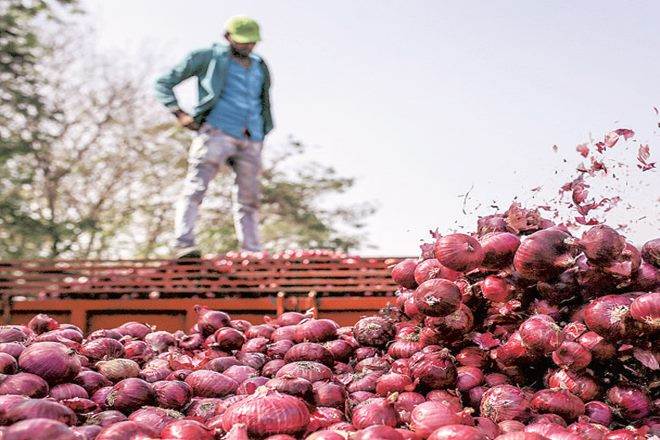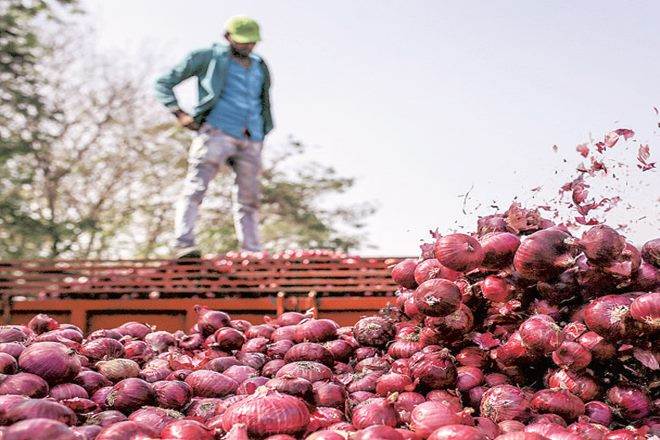
After the retail price growth crossed the RBI’s previous upper benchmark of 6 per cent, the CPI inflation rate in January is further expected to increase to a six-year high level. The retail inflation rate is estimated to be 7.4 per cent, which grew at 7.35 per cent in December and 5.54 per cent in November 2019. The February Reuters poll consensus of more than 40 economists showed India’s annual consumer price inflation is expected to have risen to 7.40 percent in January, a touch above December’s 7.35 percent and the highest since May 2014.
“The MPC revised the CPI inflation projection upwards to 6.5 per cent for Q4:2019-20; 5.4-5.0 per cent for H1:2020-21; and 3.2 per cent for Q3:2020-21, with risks broadly balanced,” said RBI Governor Shaktikanta Das in the last MPC meet. The RBI has also maintained the status quo on the interest rates citing inflation pressures as the reason behind the decision. The MPC also highlighted that food inflation rose to double digits, primarily caused by a spike in onion prices due to unseasonal rains in October – November 2019.
Also Read: Ahead of Donald Trump’s India visit, a look at why US is economically so much important for India
Watch | What is Inflation? EXPLAINED
However, the Reserve Bank is optimistic about the lowering of prices in the coming month. Over the coming weeks and months, onion prices are likely to ebb as supply conditions improve but this could be tempered by hardening of prices of other food items, notably those of pulses and proteins, and adjustments to telecom charges, said the RBI report. Cereal prices may also soften if destocking sales are undertaken in order to accommodate the procurement of the bumper rabi crop. The staggered revisions of milk prices may have a more lasting influence on headline inflation, it added.


